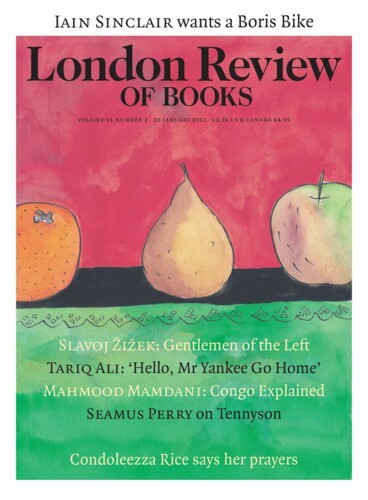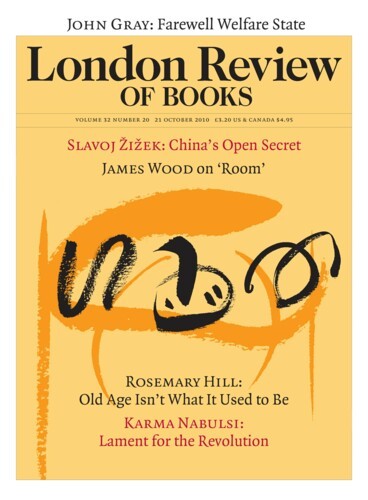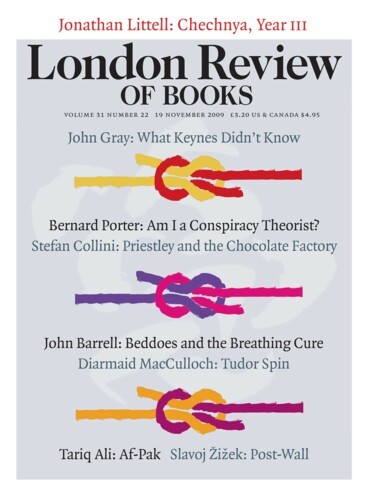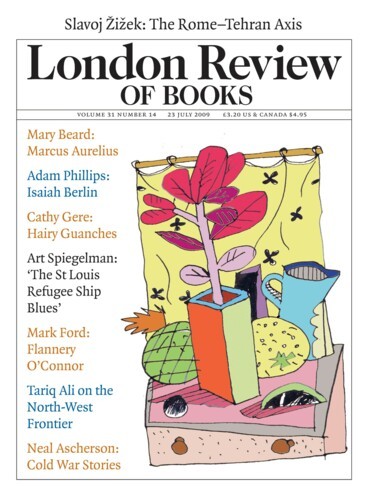Good Manners in the Age of WikiLeaks: Gentlemen of the Left
Slavoj Žižek, 20 January 2011
In one of the diplomatic cables released by WikiLeaks Putin and Medvedev are compared to Batman and Robin. It’s a useful analogy: isn’t Julian Assange, WikiLeaks’s organiser, a real-life counterpart to the Joker in Christopher Nolan’s The Dark Knight? In the film, the district attorney, Harvey Dent, an obsessive vigilante who is corrupted and himself commits murders, is killed by Batman. Batman and his friend police commissioner Gordon realise that the city’s morale would suffer if Dent’s murders were made public, so plot to preserve his image by holding Batman responsible for the killings. The film’s take-home message is that lying is necessary to sustain public morale: only a lie can redeem us. No wonder the only figure of truth in the film is the Joker, its supreme villain.





